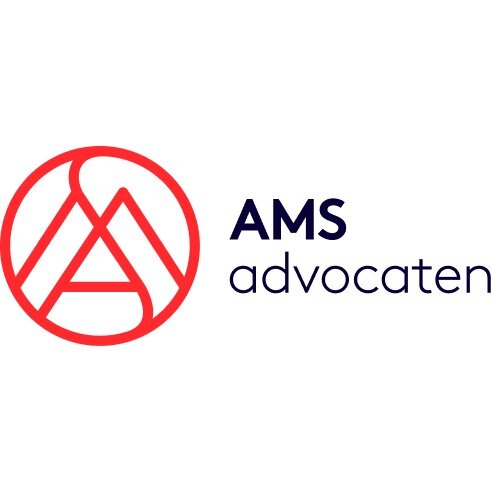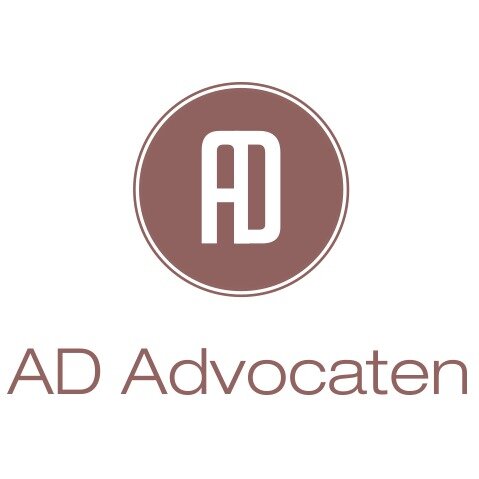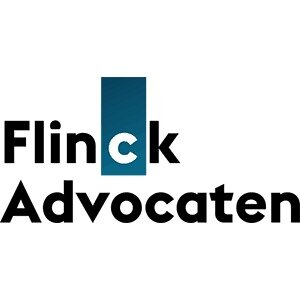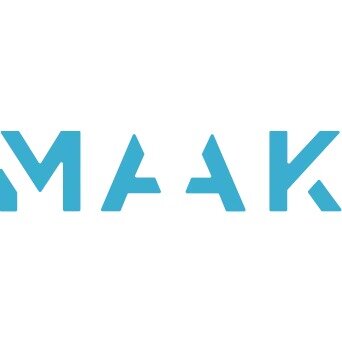Best Funds & Asset Management Lawyers in Amsterdam
Share your needs with us, get contacted by law firms.
Free. Takes 2 min.
List of the best lawyers in Amsterdam, Netherlands
About Funds & Asset Management Law in Amsterdam, Netherlands
Funds and asset management law in Amsterdam plays a crucial role in regulating the setup and operation of investment funds, asset managers, and related service providers. As a leading financial center in Europe, Amsterdam is home to a dynamic ecosystem of domestic and international funds, private equity firms, pension funds, and asset management companies. The legal framework is designed to protect investors, promote transparency, and ensure market stability while also supporting innovation and international competitiveness. Laws and regulations cover a wide range of activities, from licensing and tax considerations to compliance, governance, and anti-money laundering requirements.
Why You May Need a Lawyer
The funds and asset management landscape in Amsterdam can be complex and continuously evolving. You may need legal assistance for many reasons, such as:
- Establishing a new investment fund or asset management firm
- Ensuring regulatory compliance with Dutch and European Union laws
- Seeking advice on fund structure, tax optimization, and cross-border operations
- Handling disputes between fund managers, investors, or third parties
- Preparing fund documentation, prospectuses, and agreements
- Conducting due diligence for mergers or acquisitions in the asset management sector
- Responding to investigations or enforcement actions by regulators
- Implementing anti-money laundering and investor protection measures
- Managing investor relations and disclosure obligations
- Adapting to changes in financial regulations or licensing requirements
A specialized lawyer can guide you through these challenges, help mitigate risks, and ensure your operations remain compliant.
Local Laws Overview
Funds and asset management in Amsterdam are primarily governed by Dutch law and are significantly influenced by European Union regulations. The Dutch Financial Supervision Act (Wet op het financieel toezicht or Wft) provides the legal basis for oversight. Key regulatory bodies include the Dutch Authority for the Financial Markets (AFM) and De Nederlandsche Bank (DNB).
Some important aspects of the local regulatory environment are:
- Licensing and registration requirements for managers of undertakings for collective investment (UCITS) and alternative investment funds (AIFs)
- Compliance with EU directives such as the Alternative Investment Fund Managers Directive (AIFMD) and the UCITS Directive
- Ongoing reporting and transparency obligations toward investors and regulators
- Strict requirements for anti-money laundering, counterterrorism financing, and client due diligence
- Tax regime considerations, including favorable provisions for certain investment structures
- Governance, risk management, and internal control systems that asset managers must implement
- Rules regarding marketing funds to retail and professional investors, both domestically and across EU borders
Staying updated with changes in Dutch and EU financial regulations is essential for anyone involved in funds and asset management.
Frequently Asked Questions
What types of investment funds can be established in the Netherlands?
The Netherlands allows for the establishment of various fund types, including UCITS funds, alternative investment funds (AIFs), private equity funds, hedge funds, and real estate investment vehicles, each with specific regulatory requirements.
Do I need a license to manage a fund in Amsterdam?
Most fund managers must obtain a license from the AFM unless they meet certain exemptions. The requirements depend on the type, size, and activities of the fund being managed.
What is the difference between AIFMD and UCITS?
AIFMD applies to managers of alternative funds, such as hedge funds and private equity, whereas UCITS regulates funds that are marketed to retail investors and must meet specific investment and risk guidelines.
How are funds taxed in the Netherlands?
Dutch tax law offers favorable regimes for certain funds, such as the fiscal investment institution (FBI) and the exempt investment institution (VBI), each with specific eligibility criteria and benefits.
What are the main regulatory authorities I need to be aware of?
The Dutch Authority for the Financial Markets (AFM) supervises conduct and transparency, while De Nederlandsche Bank (DNB) oversees financial stability and prudential matters.
Can foreign funds be marketed in the Netherlands?
Yes, foreign funds can be marketed subject to compliance with Dutch laws and EU passporting rules for marketing to professional and, in some cases, retail investors.
What are the ongoing compliance requirements for fund managers?
Fund managers must meet regular reporting obligations, adhere to risk and compliance controls, perform annual audits, and maintain up-to-date records in line with regulatory expectations.
How does anti-money laundering law apply to funds?
Strict anti-money laundering (AML) rules apply, requiring thorough client verification, transaction monitoring, and reporting of suspicious activity to authorities.
What are the investor protection rules in Amsterdam?
Laws ensure that investors receive key information, fair treatment, and appropriate risk disclosures, with mechanisms for complaint handling and recourse.
How do I resolve disputes regarding funds or asset management in the Netherlands?
Disputes can often be resolved through negotiation or mediation, but litigation or arbitration is available if necessary. The Dutch legal system is transparent and provides mechanisms for both domestic and international investors.
Additional Resources
If you need more information or guidance, the following organizations and resources are useful:
- Dutch Authority for the Financial Markets (AFM) - the primary regulator for financial conduct
- De Nederlandsche Bank (DNB) - the Dutch central bank with supervisory responsibilities
- Netherlands Fund and Asset Management Association (DUFAS) - industry association representing asset managers
- Dutch Ministry of Finance - responsible for policy and legislative initiatives affecting financial markets
- European Securities and Markets Authority (ESMA) - relevant for EU-wide regulations impacting Dutch funds
- Law firms and consultants specializing in funds and asset management
Next Steps
If you are considering entering the funds and asset management sector in Amsterdam or need advice on compliance, dispute resolution, or ongoing regulatory developments, consider consulting a lawyer who specializes in Dutch and European financial law. Start by gathering all relevant documentation about your business plans, current compliance status, and any specific concerns you have.
Look for legal professionals who have in-depth knowledge of the industry and experience with local authorities. Arrange an initial consultation to discuss your needs, understand your obligations, and develop a step-by-step action plan. Staying informed and proactive will help safeguard your interests and ensure success in the competitive Amsterdam financial market.
Lawzana helps you find the best lawyers and law firms in Amsterdam through a curated and pre-screened list of qualified legal professionals. Our platform offers rankings and detailed profiles of attorneys and law firms, allowing you to compare based on practice areas, including Funds & Asset Management, experience, and client feedback.
Each profile includes a description of the firm's areas of practice, client reviews, team members and partners, year of establishment, spoken languages, office locations, contact information, social media presence, and any published articles or resources. Most firms on our platform speak English and are experienced in both local and international legal matters.
Get a quote from top-rated law firms in Amsterdam, Netherlands — quickly, securely, and without unnecessary hassle.
Disclaimer:
The information provided on this page is for general informational purposes only and does not constitute legal advice. While we strive to ensure the accuracy and relevance of the content, legal information may change over time, and interpretations of the law can vary. You should always consult with a qualified legal professional for advice specific to your situation.
We disclaim all liability for actions taken or not taken based on the content of this page. If you believe any information is incorrect or outdated, please contact us, and we will review and update it where appropriate.













